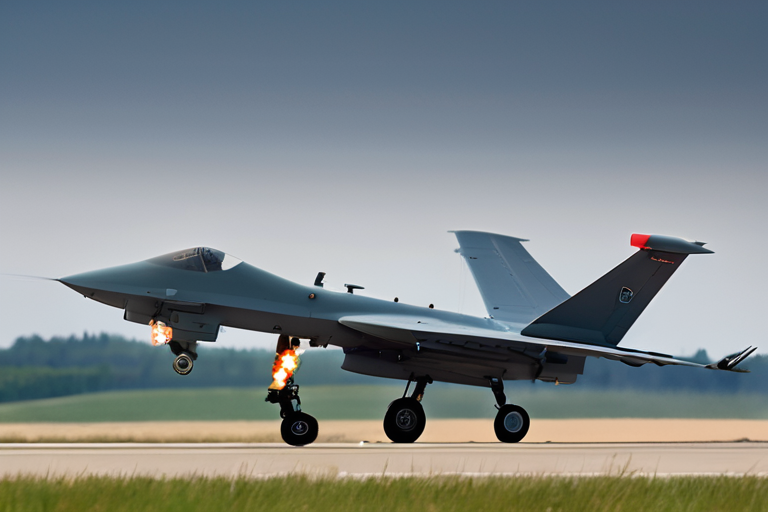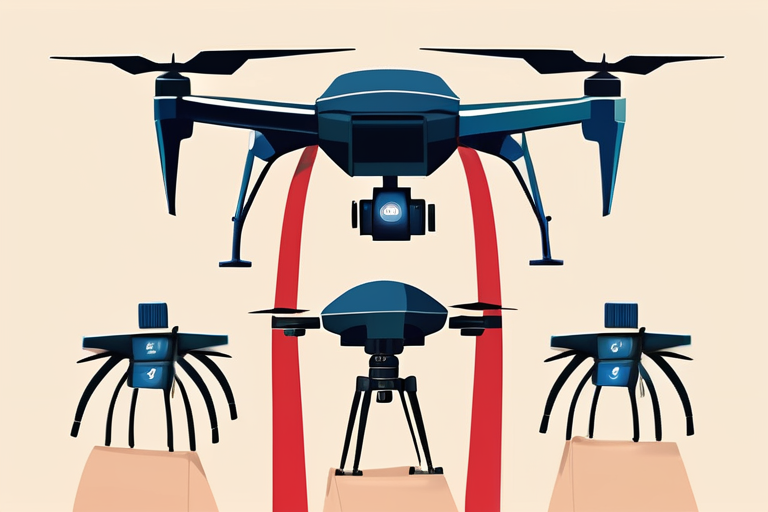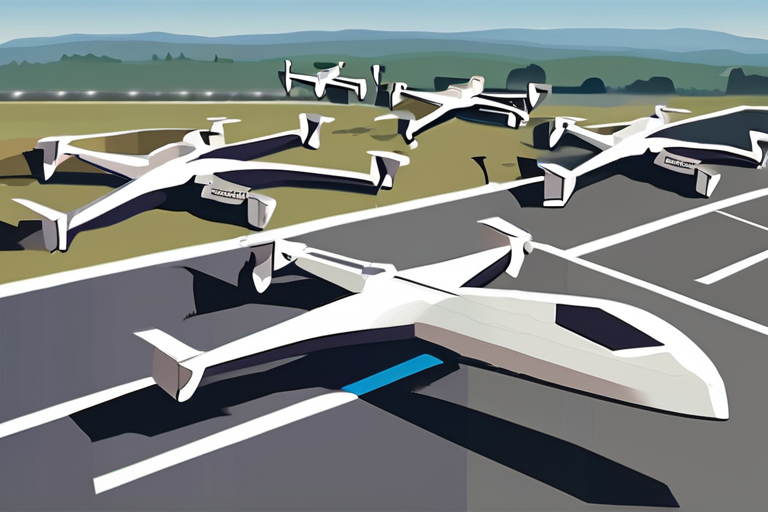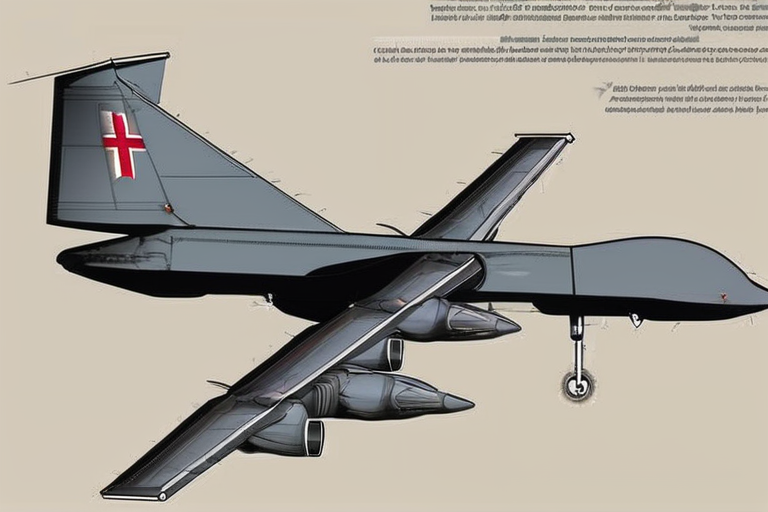EU to Deploy Advanced Anti-Drone System by 2027 Amid Russia Threats


Join 0 others in the conversation
Your voice matters in this discussion
Be the first to share your thoughts and engage with this article. Your perspective matters!
Discover articles from our community

 Hoppi
Hoppi

 Hoppi
Hoppi

 Hoppi
Hoppi

 Hoppi
Hoppi

 Hoppi
Hoppi

 Hoppi
Hoppi

European Leaders Meet in High-Security Danish Summit After Drone Disruption COPENHAGEN, Denmark - European leaders gathered in high-security conditions at …

Hoppi

NATO's War Readiness Questioned After Polish Drone Interception In a shocking display of vulnerability, NATO's ability to defend its member …

Hoppi

EU Leaders Discuss Building 'Drone Wall' After Hybrid Attack COPENHAGEN, DENMARK - European Union leaders gathered for informal talks on …

Hoppi

EU to Develop 'Drone Wall' Amid Regional Airspace Violations European Union defence ministers have agreed to develop a drone wall …

Hoppi

BREAKING NEWS Denmark on High Alert as Russian Drones Spark Fears of Hybrid War COPENHAGEN, Denmark - October 3, 2025 …

Hoppi

"Pattern" Emerging of EU Airports Disrupted by Drones A concerning trend has emerged in recent weeks, with multiple European Union …

Hoppi